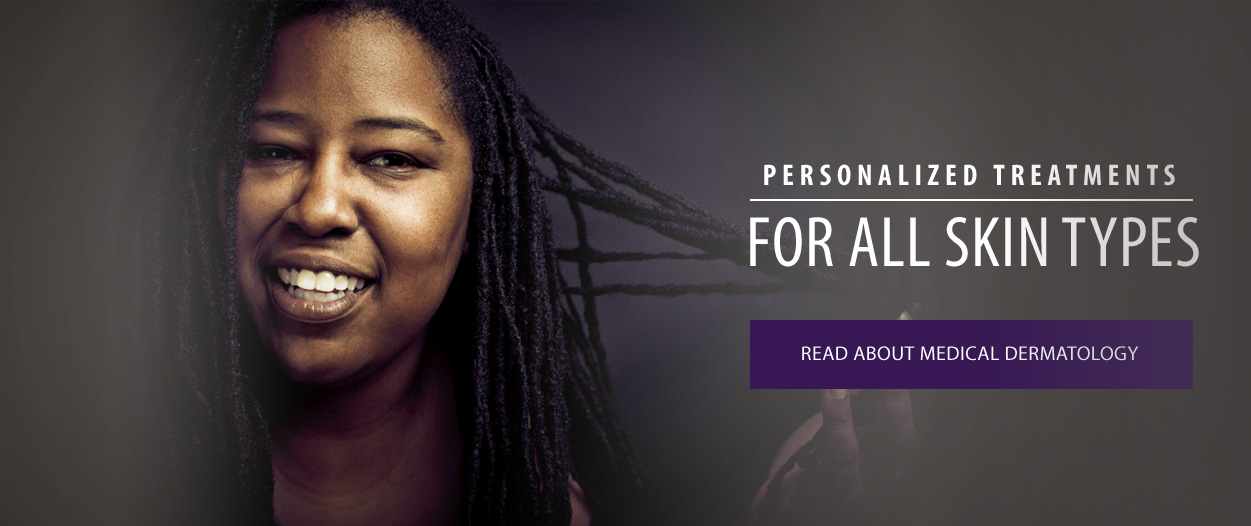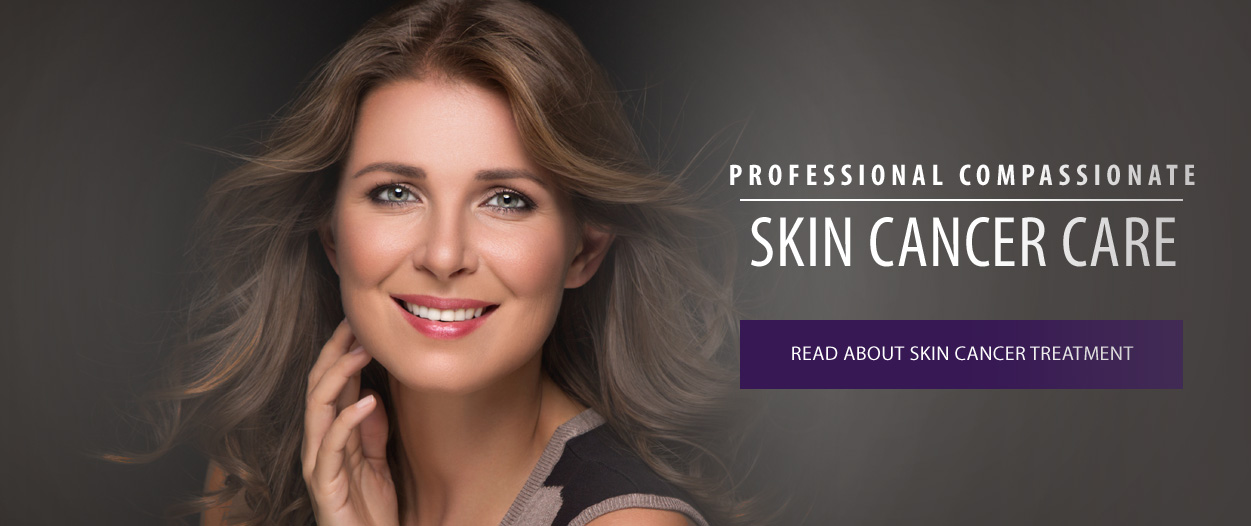Diseases Treated by a Dermatologist.

Dermatology is a specialized field of medicine that deals with the diagnosis, treatment, and prevention of skin, hair, and nail conditions. Dermatologists are trained to recognize and treat a wide range of dermatologic diseases, from minor skin irritations to severe conditions such as skin cancer. Here is a closer look at some of the diseases that a dermatologist treats.
Acne:
Acne is a common skin condition that affects nearly 85% of people at some point in their lives. It is caused by the clogging of hair follicles with dead skin cells and sebum, an oily substance produced by the skin. Acne can appear as blackheads, whiteheads, pimples, and cysts. While acne is not life-threatening, it can cause emotional distress and lead to scarring if left untreated.

Dermatologists can help manage acne by recommending topical and oral medications, as well as lifestyle changes and skin care routines. Topical medications include retinoids, benzoyl peroxide, and antibiotics. Oral medications such as antibiotics, hormonal therapies, and isotretinoin may be prescribed for more severe cases of acne. In addition, dermatologists can perform procedures such as chemical peels and extractions to help improve the appearance of acne-prone skin.
Eczema:
Eczema, also known as atopic dermatitis, is a chronic inflammatory skin condition that causes dry, itchy, and scaly patches on the skin. This condition is often genetic and can be triggered by environmental factors such as stress, weather changes, and exposure to allergens. Eczema can appear on any part of the body but is most commonly found on the face, hands, and feet.
Dermatologists can recommend topical creams and ointments, as well as systemic medications, to alleviate the symptoms of eczema. Topical medications include corticosteroids, calcineurin inhibitors, and moisturizers. Systemic medications such as immunosuppressants, phototherapy, and biologics may be prescribed for more severe cases of eczema.
Psoriasis:
Psoriasis is an autoimmune condition that causes the skin to develop thick, scaly patches that can be red, silver, or white. The condition can be triggered by stress, injury to the skin, infections, and certain medications. Psoriasis can appear on any part of the body but is most commonly found on the elbows, knees, scalp, and lower back.

Dermatologists can prescribe topical and oral medications, as well as light therapy, to help manage psoriasis. Topical medications include corticosteroids, vitamin D analogs, and coal tar. Oral medications such as methotrexate, cyclosporine, and biologics may be prescribed for more severe cases of psoriasis. Light therapy, also known as phototherapy, involves exposing the skin to ultraviolet light to reduce inflammation and improve skin lesions.
Rosacea:
Rosacea is a chronic skin condition that causes redness, swelling, and visible blood vessels on the face. It can also cause pimples and thickening of the skin. this disease is often triggered by factors such as sun exposure, stress, and certain foods and beverages. Rosacea is most commonly found on the cheeks, nose, chin, and forehead.
Dermatologists can recommend topical and oral medications, as well as laser therapy, to help manage rosacea. Topical medications include metronidazole, azelaic acid, and sulfur. Oral medications such as antibiotics, isotretinoin, and beta-blockers may be prescribed for more severe cases of rosacea. Laser therapy involves using intense light energy to target blood vessels and reduce redness and swelling.
Skin Cancer:
Skin cancer is the most common type of cancer in the United States, affecting about 1 in 5 Americans in their lifetime. Skin cancer occurs when the skin cells become damaged by ultraviolet radiation from the sun or other sources, leading to the formation of abnormal cells that can spread to other parts of the body.
Dermatologists are experts in diagnosing and treating skin cancer, and they can perform skin cancer screenings, biopsies, and surgical procedures to remove cancerous growths. In addition, dermatologists can advise on the type of treatment that is best suited for you. This can depend on the specific type of cancer, the stage, your health state and also on the resources available.
Hair loss:
Dermatologists can evaluate and treat hair loss, a condition that can be caused by a variety of factors including genetics, hormonal imbalances, and autoimmune disorders. They can recommend topical and oral medications, as well as hair restoration procedures, to help manage hair loss.
Nail disorders:
Dermatologists can diagnose and treat a range of nail disorders. These include fungal infections, ingrown toenails, and nail psoriasis. Fungal infections can cause the nails to become thickened, discoloured, and brittle. Ingrown toenails occur when the edge of the nail grows into the surrounding skin, causing pain, redness, and swelling. On the other hand, nail psoriasis can cause the nails to become thickened, pitted, and discoloured.

These conditions can cause pain, discomfort, and changes in the appearance of the nails, and can be managed with a variety of treatment options. Dermatologists can prescribe oral and topical antifungal medications to treat fungal nail infections. They can also recommend topical medications and systemic therapies to manage nail psoriasis. In addition, they can also recommend the removal of the ingrown portions of the nail. Moreover, in instances where there are infections, they can give antibiotics.
In addition to these conditions, dermatologists may also provide treatment for allergic reactions such as hives and drug rashes. They also help you manage fungal conditions such as athlete’s foot and ringworms. Dermatologists also provide cosmetic treatments to improve the appearance of the skin, such as chemical peels, Botox injections, and laser therapy for fine lines and wrinkles.
If you are experiencing a skin condition, it is important to seek the expertise of a dermatologist. With their specialized training and knowledge, dermatologists can help you manage your condition and maintain healthy skin, hair, and nails. For residents of Nairobi and its environs, there is just but one place to get the best dermatologist services. This is the Avané clinic, in Nairobi. Here, we have well-trained qualified, certified and experienced personnel at your service. Our dermatologists are the best of the best in the field and offer nothing but quality services. Please pay us a visit at the Yaya Centre in Nairobi, Kenya. Moreover, you can also contact us to book an appointment with our dermatologists or make enquiries.






Leave a Reply